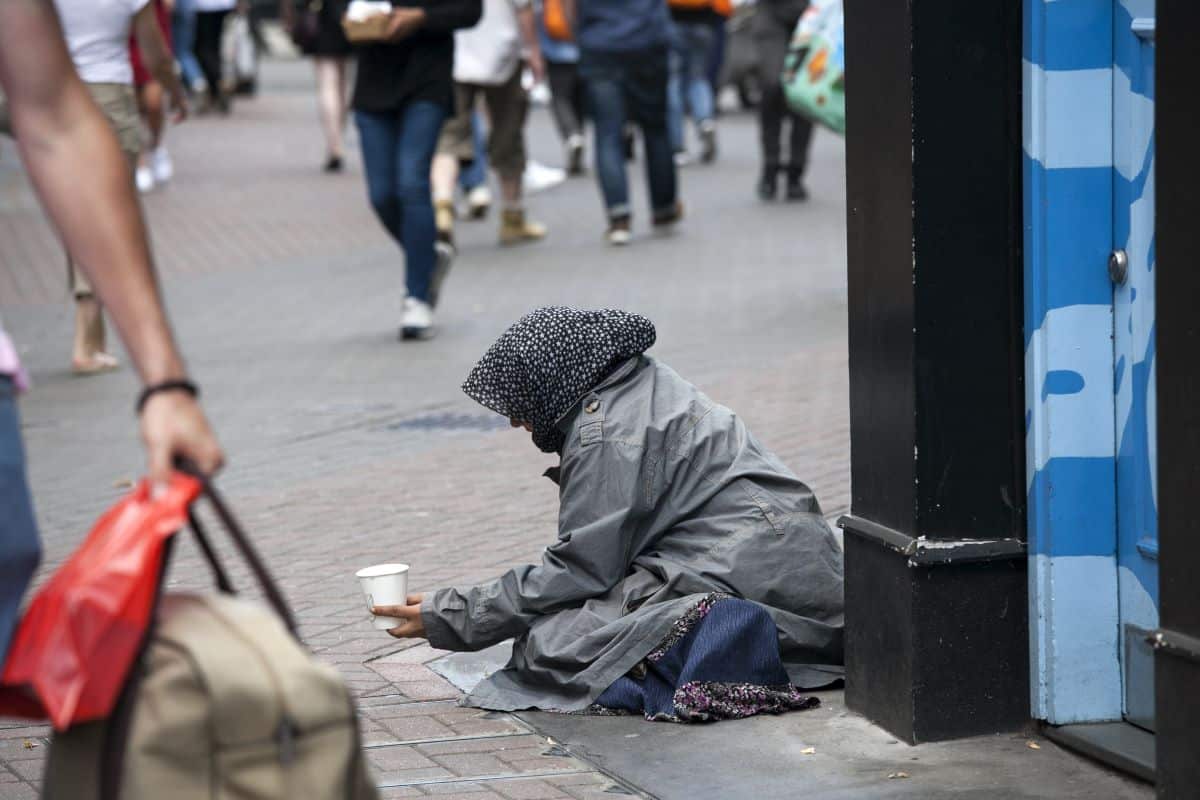The UK general election is poised to bring sweeping changes, but will they favour those who need it most? As political parties pitch their promises, could it be that the measures touted to boost the economy might just widen the gap between the haves and the have-nots?
1. Council Service Cuts

Local councils are bracing for cuts unless fiscal pressures ease. This is especially troubling for deprived areas where public services are already thin on the ground.
2. Inadequate Housing Initiatives

The Conservative party’s revamped Help to Buy scheme may not reach those in dire need of affordable housing, potentially missing the mark for many low-income families.
3. Static Tax Policies
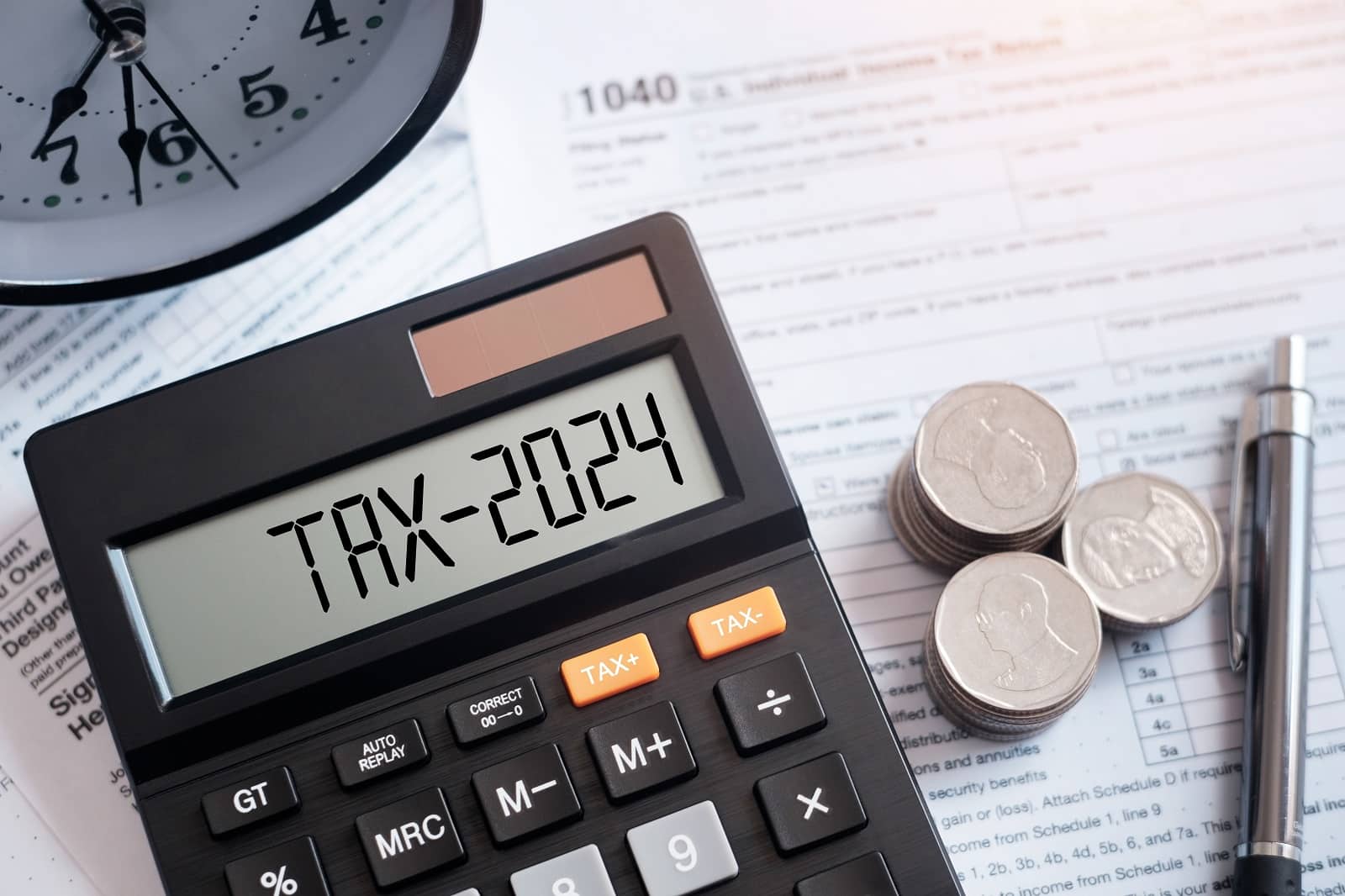
Neither Labour nor the Conservatives plan substantial reforms to directly address income inequality through tax relief for lower-income brackets.
4. Healthcare Accessibility Gaps
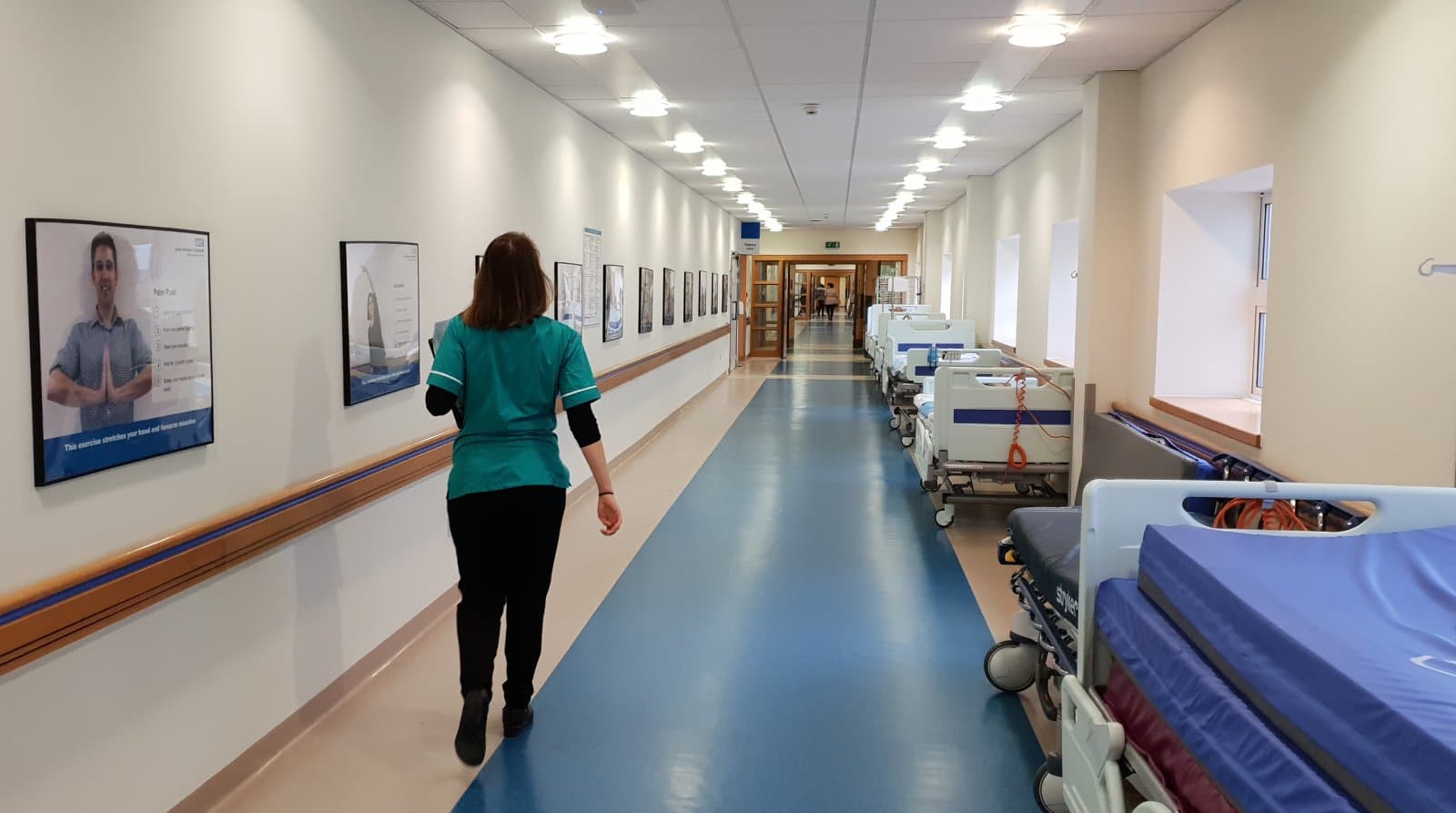
Despite promises to bolster the NHS, the poorest might still find themselves at the back of the queue when it comes to accessing these new resources.
5. Energy Policy Shortfalls
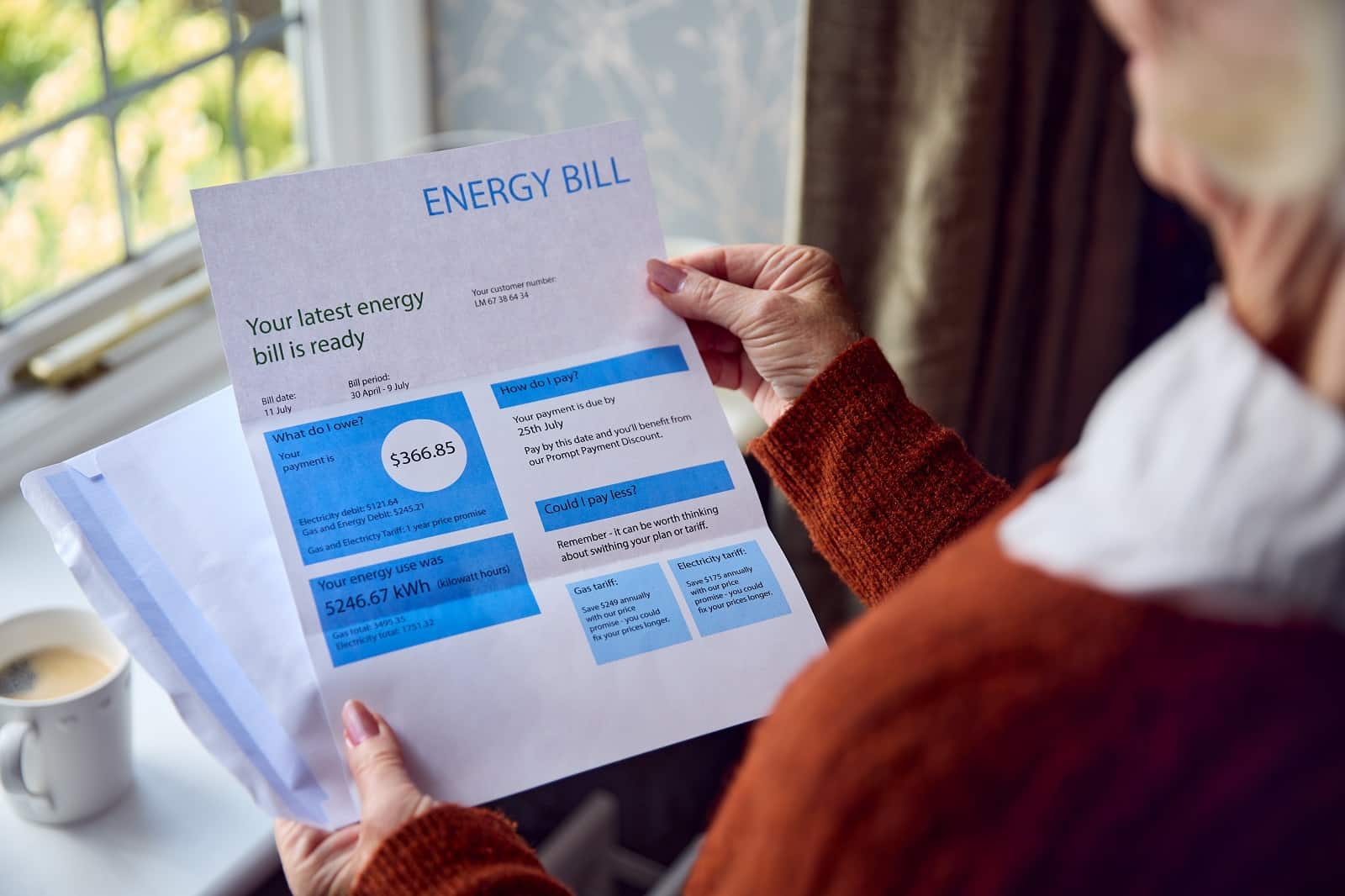
Labour’s new clean energy initiatives promise a greener future but may not provide immediate relief to those struggling to pay their energy bills today.
6. Education Funding Misses

New funding for education sounds promising, but without targeted support, the poorest communities may not see the benefits.
7. Lack of Affordable Public Transport Investments
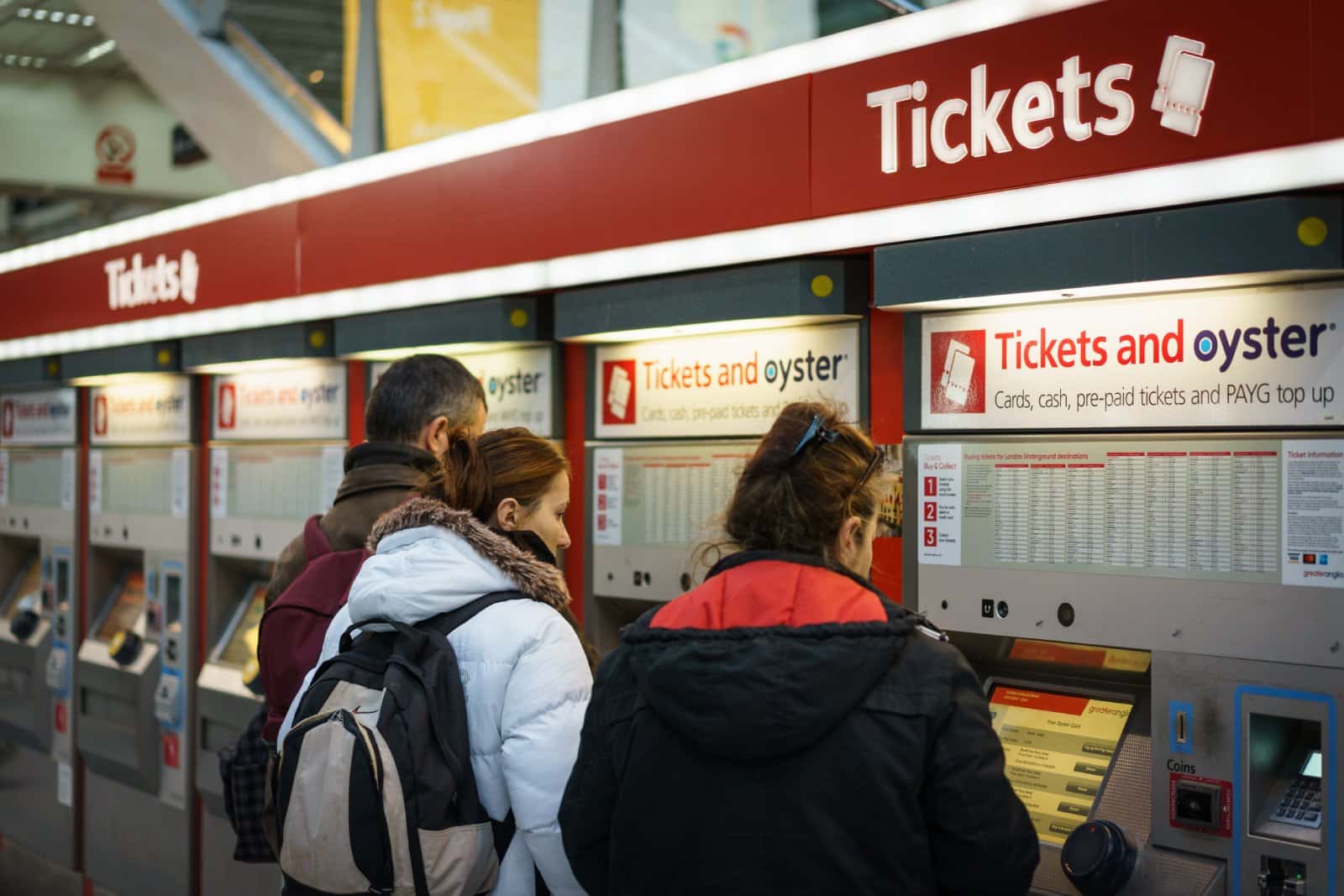
No new significant investments in affordable public transportation mean that the poorest, often most reliant on public transit, will continue to face mobility challenges.
8. Insufficient Food Security Measures

The expansion of free school meals is a step in the right direction, yet it doesn’t address food insecurity for all age groups.
9. Sparse Employment Opportunities

More apprenticeships are on the agenda, but there’s little to suggest these opportunities will be accessible to everyone, leaving behind those in lower-income brackets.
10. Weak Welfare System Enhancements

The manifestos show a lack of strong commitments to reforming or enhancing the welfare system to better support the most vulnerable.
11. Overlooking Child Poverty
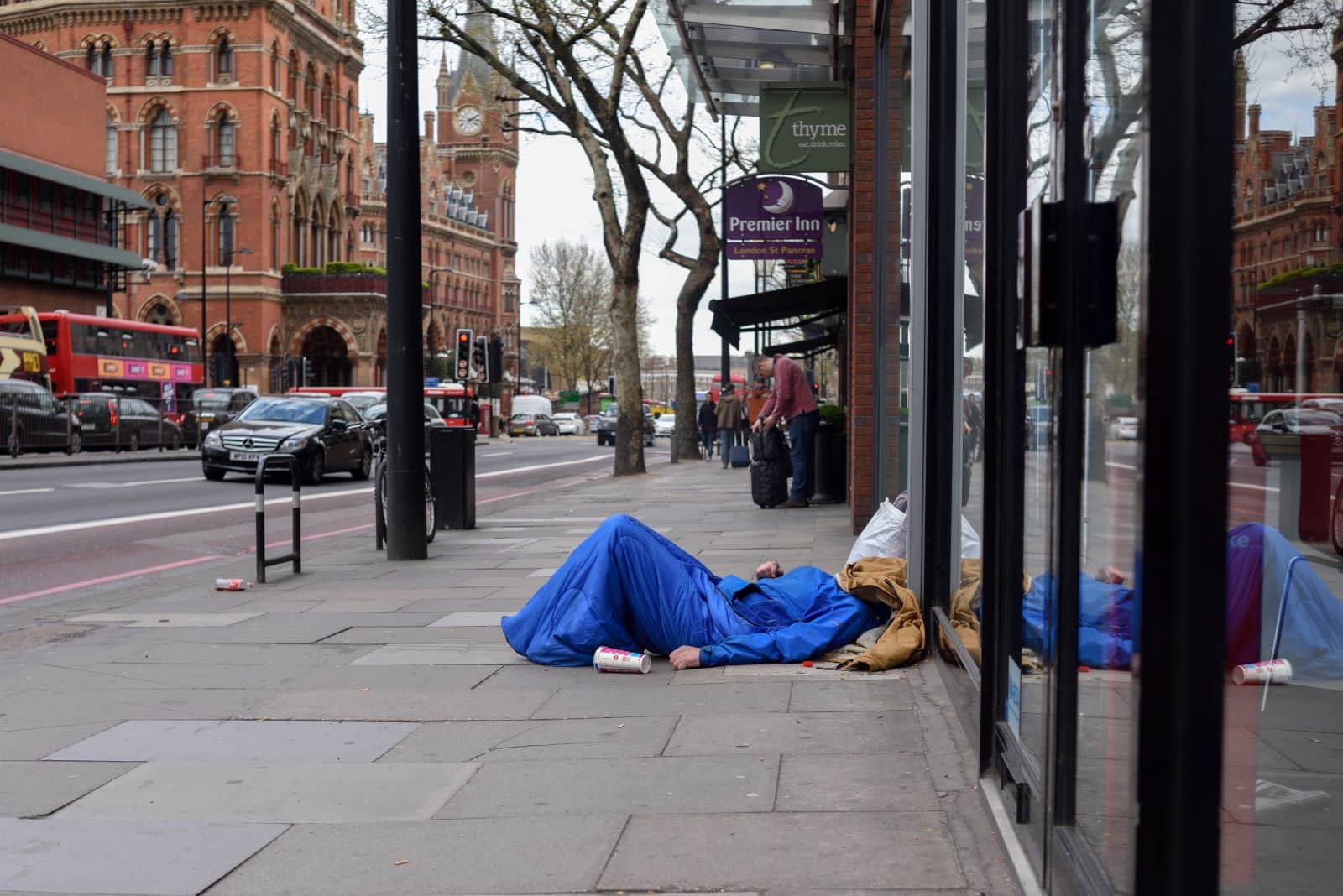
The manifestos lack aggressive strategies to cut child poverty, a condition that affects future generations’ potential to escape the poverty cycle.
12. Neglecting Disability Support

Disabled individuals, who are disproportionately affected by poverty, find little in the way of new supportive measures in the party platforms.
13. Inaction on Pension Reforms
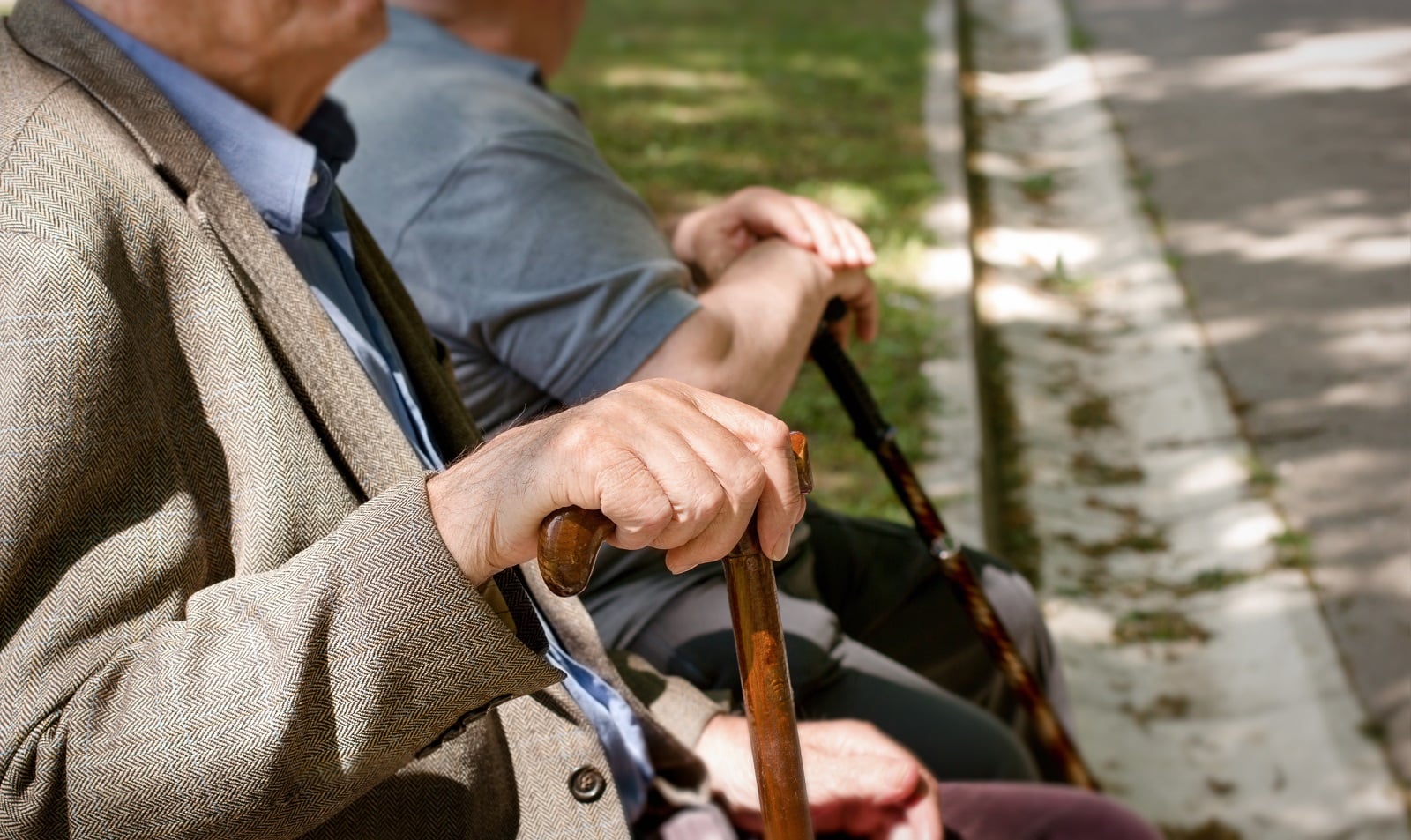
The aging poor are given scant attention, with no new initiatives aimed at protecting older people living in poverty.
14. Underfunded Mental Health Services

While there are promises to improve mental health services, the scale of these plans may not meet the increasing demand, particularly in poorer areas.
15. Digital Divide Continues

In a world increasingly driven by digital access, there’s a concerning lack of commitment to improving digital literacy and access among the poorest.
16. Harsh Immigration Policies
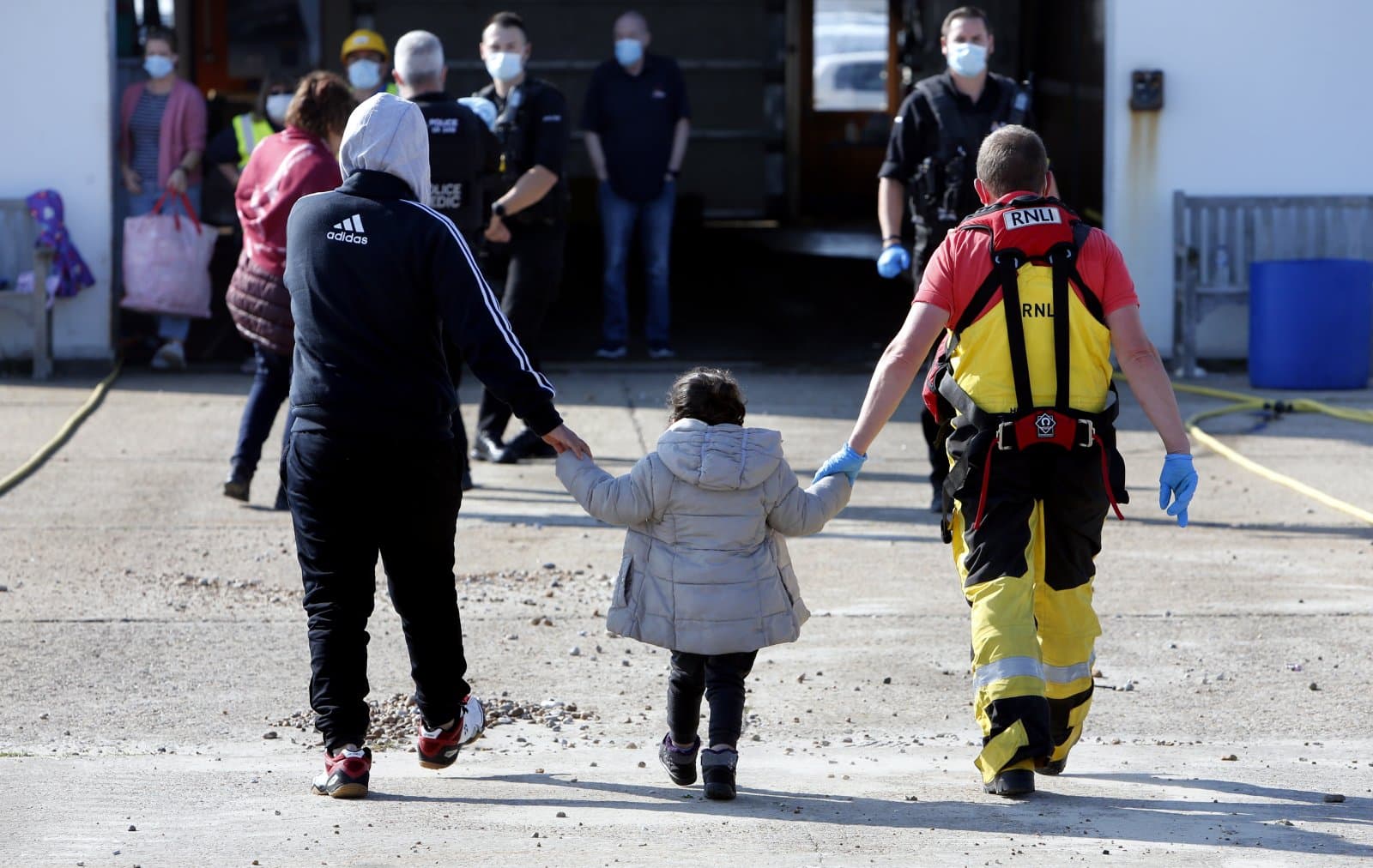
Tough immigration policies might restrict support for asylum seekers and refugees, many of whom arrive with little and are vulnerable to falling into poverty.
17. Consumer Protection Stagnation

There are few new measures to enhance consumer rights and protections, which could help the poorest avoid exploitative practices.
18. Ambiguous Environmental Policies
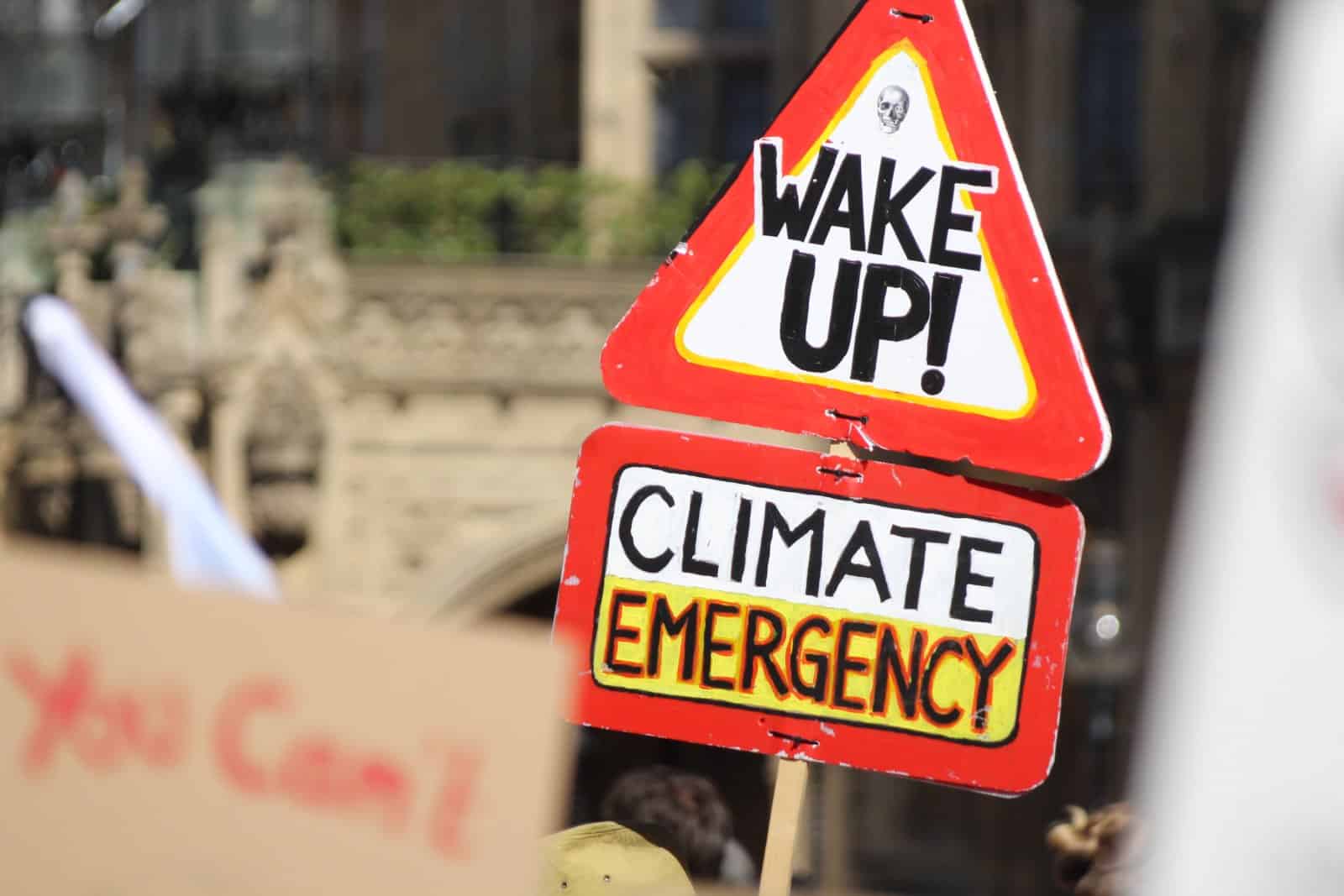
While environmental sustainability is crucial, the immediate economic impact on the poorest, who are often the most affected, remains uncertain.
19. Limited Legal Aid Funding

Without new funding for legal aid, low-income individuals will continue to struggle to access legal help, essential for navigating challenges from housing to employment rights.
20. Ignoring Rural Poverty
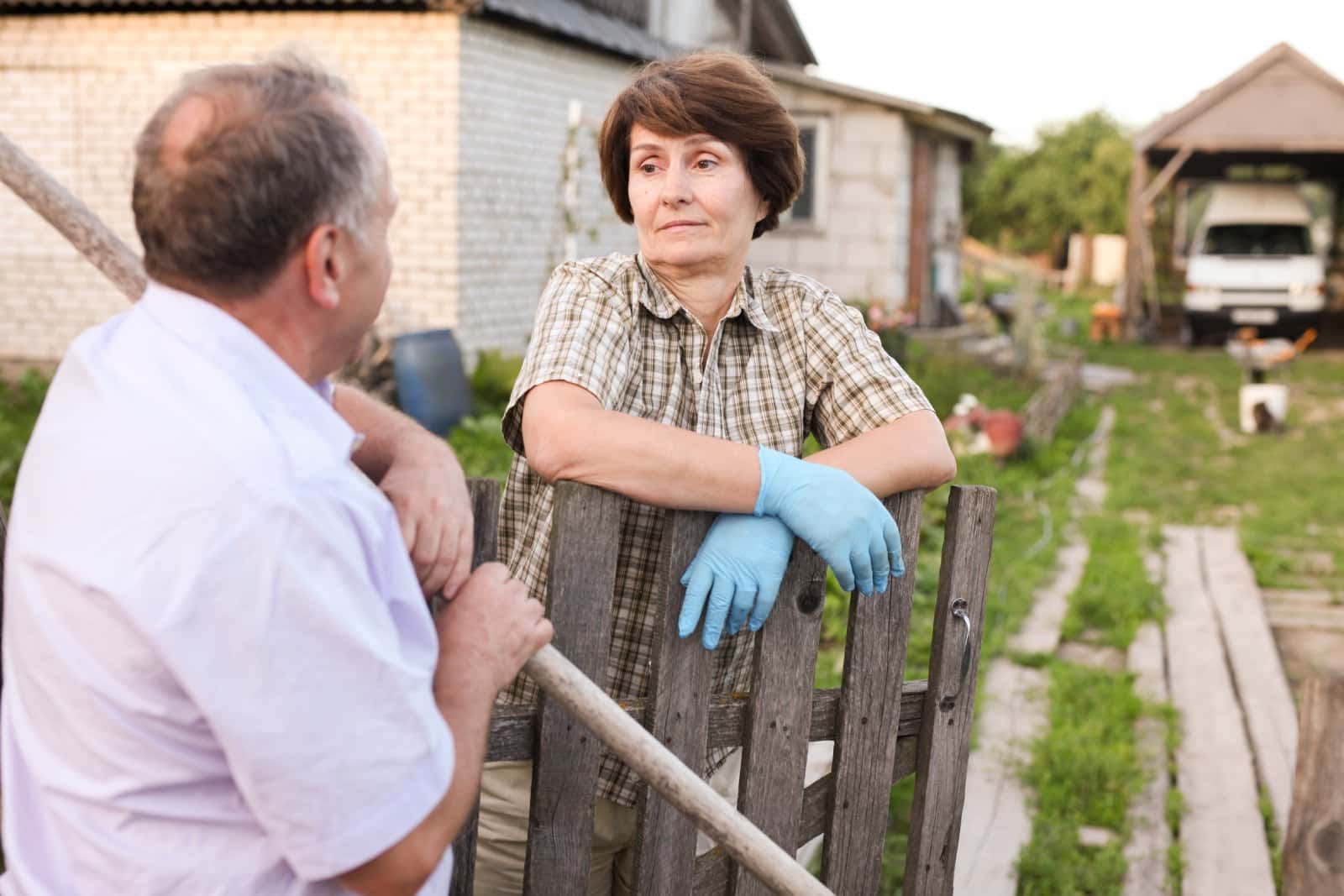
The unique challenges faced by the poor in rural areas are largely ignored, with few tailored strategies to address their specific needs.
21. Urban Regeneration Overlooks the Poor

Urban regeneration projects could drive up local living costs, potentially displacing the current low-income residents without providing them substantial new opportunities.
Is Change Really in the Air?
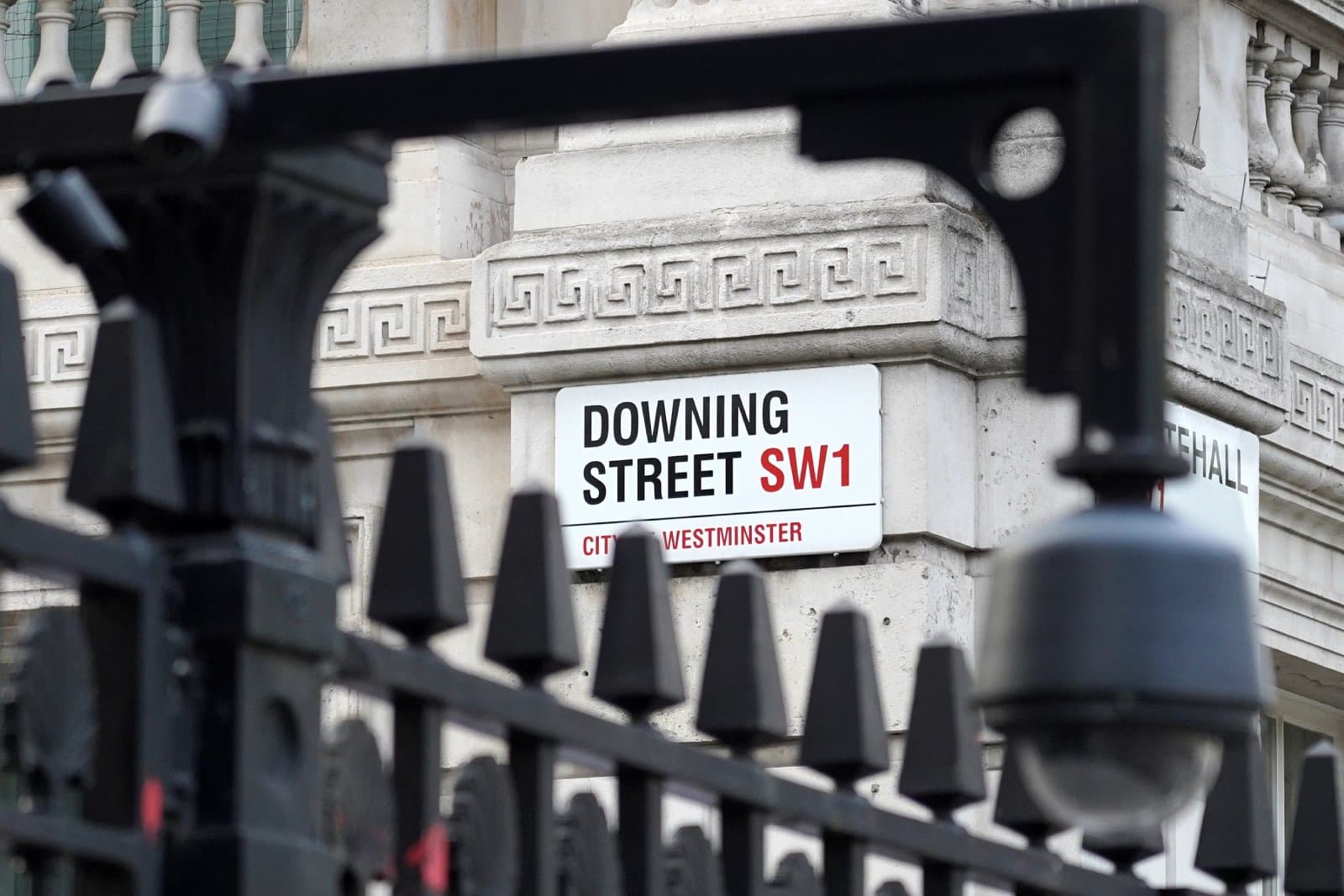
With politics as usual, the question remains: when will the tide truly turn for those at the bottom? As the election dust settles, it’s the actions, not the promises, that will tell the real story.
Featured Image Credit: Shutterstock / Elena Rostunova.
For transparency, this content was partly developed with AI assistance and carefully curated by an experienced editor to be informative and ensure accuracy.

